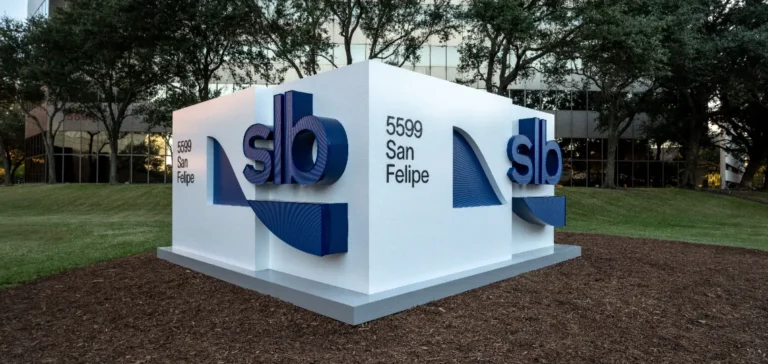Energy technology company SLB has announced the launch of Tela, an agentic artificial intelligence assistant developed to transform operations in the upstream oil sector. Integrated into SLB’s existing digital platforms, Tela enables interaction through a conversational interface, allowing users to collaborate with autonomous agents capable of planning, acting and learning continuously.
Based on a five-step decision-making loop — observe, plan, generate, act and learn — Tela is designed to adapt in real time to operational environments. This framework enables anticipation of issues, performance optimisation and support for decisions across all levels, in a context of reduced human resources and growing technical complexity.
Native integration into SLB’s digital solutions
Tela operates within Lumi, SLB’s data and artificial intelligence platform. This technological infrastructure leverages large language models (LLMs) and domain foundation models (DFMs) to produce recommendations tailored to field conditions. Clients can develop their own Tela agents, integrate partner tools and configure capabilities based on operational priorities.
Initial use cases include automated log analysis, predictive anomaly detection, and optimisation of critical equipment. Tela can be used autonomously or as a direct support to operators, reducing cycle times while increasing responsiveness on site.
A digital lever for oil operations
Designed to go beyond traditional automation, Tela can interpret business goals, make operational decisions and execute them within a controlled framework. This real-time responsiveness aligns operational performance with the strategic requirements of companies in the sector.
According to SLB, Tela’s main advantage lies in its ability to manage complex systems, anticipate changes and dynamically adjust actions. This approach is part of the group’s digital strategy, which aims to combine a century of industrial expertise with next-generation artificial intelligence technologies.






















